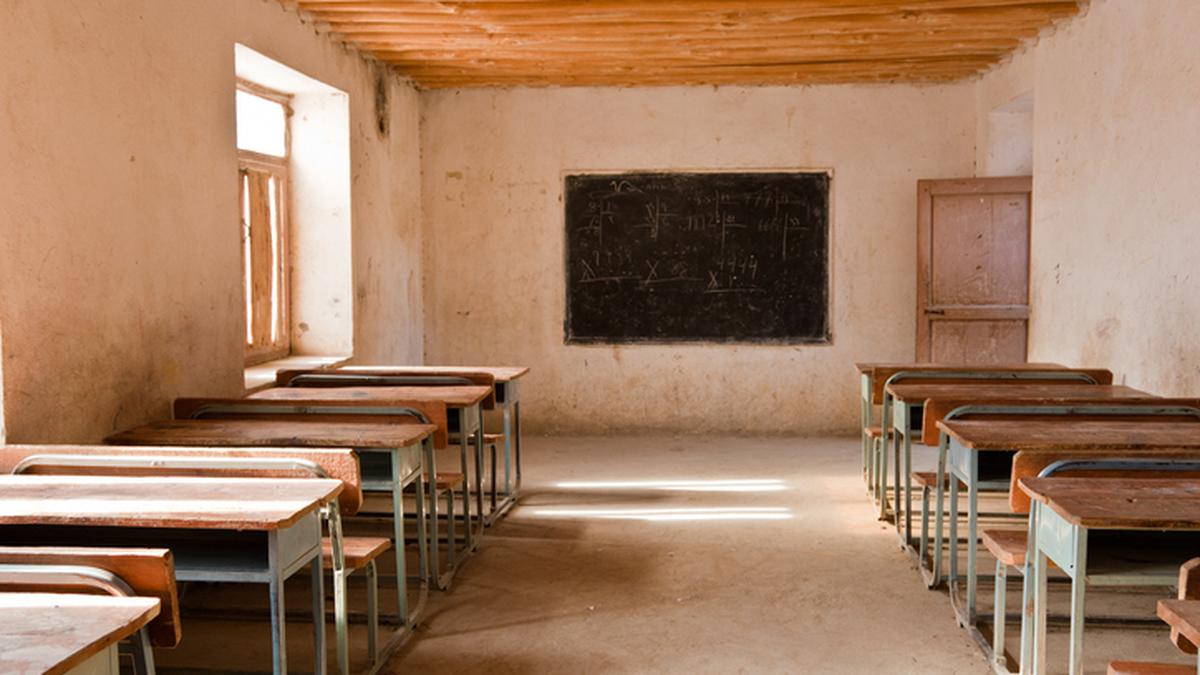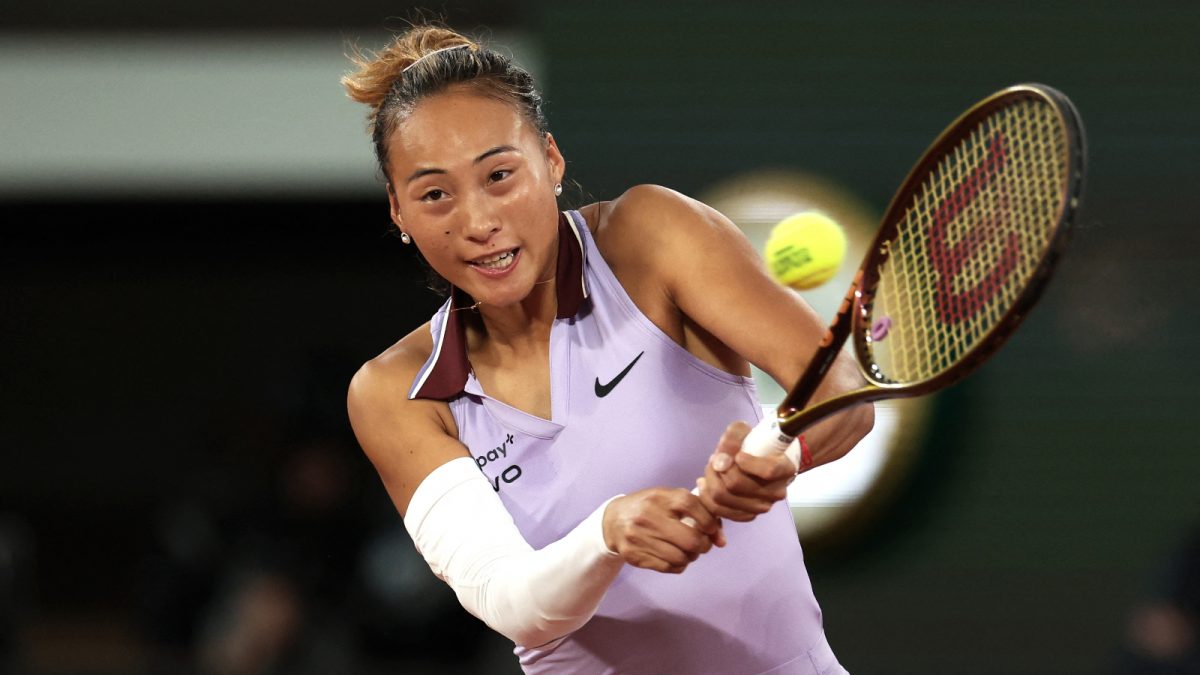In the winter of February 2000, a sea of black coats surged towards Parliament House. Braving water cannons, tear gas, and lathi charges, over 40,000 lawyers staged an intense protest aimed at blocking the entry of foreign law firms and lawyers into the Indian legal system.
A quarter of a century later, the landscape has shifted dramatically. On May 14, 2025, the Bar Council of India (BCI) — the regulatory authority for the legal profession — formally notified a set of rules permitting foreign law firms and lawyers to practice in India. Their role, however, is restricted: they may operate only in non-litigious matters, limited to foreign and international law, and solely on a reciprocal basis.
A past steeped in resistance
The nationwide agitation 25 years ago was triggered by the Law Commission of India’s Working Paper, which proposed amendments to the Advocates Act, 1961, to allow foreign legal consultants to practice in India.
“The entire legal fraternity stood united,” recalled advocate and former Delhi Bar Association president Rajiv Khosla, who had led the lawyers’ march and lost an eye in a scuffle with the police.
The Supreme Court later reinforced this sentiment in March 2018 when it ruled that foreign law firms and foreign lawyers could not practise law in the country either on the litigation or non-litigation side.
One of the central arguments then was reciprocity, given that Indian advocates were not allowed to practice in the U.K., U.S.A., Australia, and other foreign nations without complying with onerous restrictions such as qualifying tests, proof of experience, and work permits.
The turnaround
In March 2023, the BCI floated a notification permitting foreign lawyers to function in non-litigious areas only. Although that notification was challenged in the Delhi High Court, and remains under judicial consideration, the latest iteration in May 2025 has cemented the policy shift.
Lalit Bhasin, chairman of the Society of Indian Law Firms (SILF), who was once a vocal opponent of foreign law firms entering India, reflected on the shift in tone: “We welcome them. They can learn from us, we can learn from them. It would be a good opening for our young lawyers also who can work with them.”
Still, he expressed concerns that the latest BCI notification might contravene the Supreme Court’s 2018 rulings. Mr. Bhasin said the BCI’s 2023 notification was kept in abeyance, but the current development amounts to “old wine in a new bottle.”
“Our view is, why can’t the Parliament just amend the law, that is, the Advocates Act, giving liberty to foreign lawyers to come to India to practice? Because the existing law does not permit it,” Mr. Bhasin stressed.
‘Encouraging global integration’
Haigreve Khaitan, Senior Partner at Khaitan & Co, called the move “a positive step”. He said, “This will result in increased knowledge sharing, innovation, and faster adoption of global best practices. Regulatory reforms must now ensure a level playing field.”
“The amendment’s spirit is to safeguard domestic litigation while encouraging global integration,” said Abhishek Prasad, founder of his eponymous chambers. It also creates new opportunities for Indian lawyers and law firms through the dual registration provision, which allows them to practice foreign and international law without relinquishing their right to practice Indian law, he added.
Shailendera Singh, partner at GnS Legal, added a pragmatic note: “The amended Rules do not specify if foreign lawyers are restricted in appearing in international arbitration only when the applicable law is Indian law, making it possible for them to appear so long as one of the parties is a foreign party.”
‘Reciprocity is an illusion’
Former Bar Council of Delhi chairman K.C. Mittal raised questions about reciprocity. “The whole action is against the Advocates Act, as the same requires amendments in the basic Act. The claim of reciprocity is illusionary. Reciprocal means our law degree and enrolments certifies are recognised by them and any lawyer from India can go, appear and argue but it’s not so,” he said.
Mr. Khosla echoed these concerns. “So far, the BCI hasn’t specified which countries have extended reciprocal access to Indian lawyers. Other countries aren’t accepting us, yet we’re moving ahead — I don’t understand why,” he said.
Published - June 01, 2025 08:01 pm IST



.png)
.png)
.png)
















 1 day ago
6
1 day ago
6









 English (US) ·
English (US) ·